Chemical vs. Mineral Sunscreen: All You Need To Know
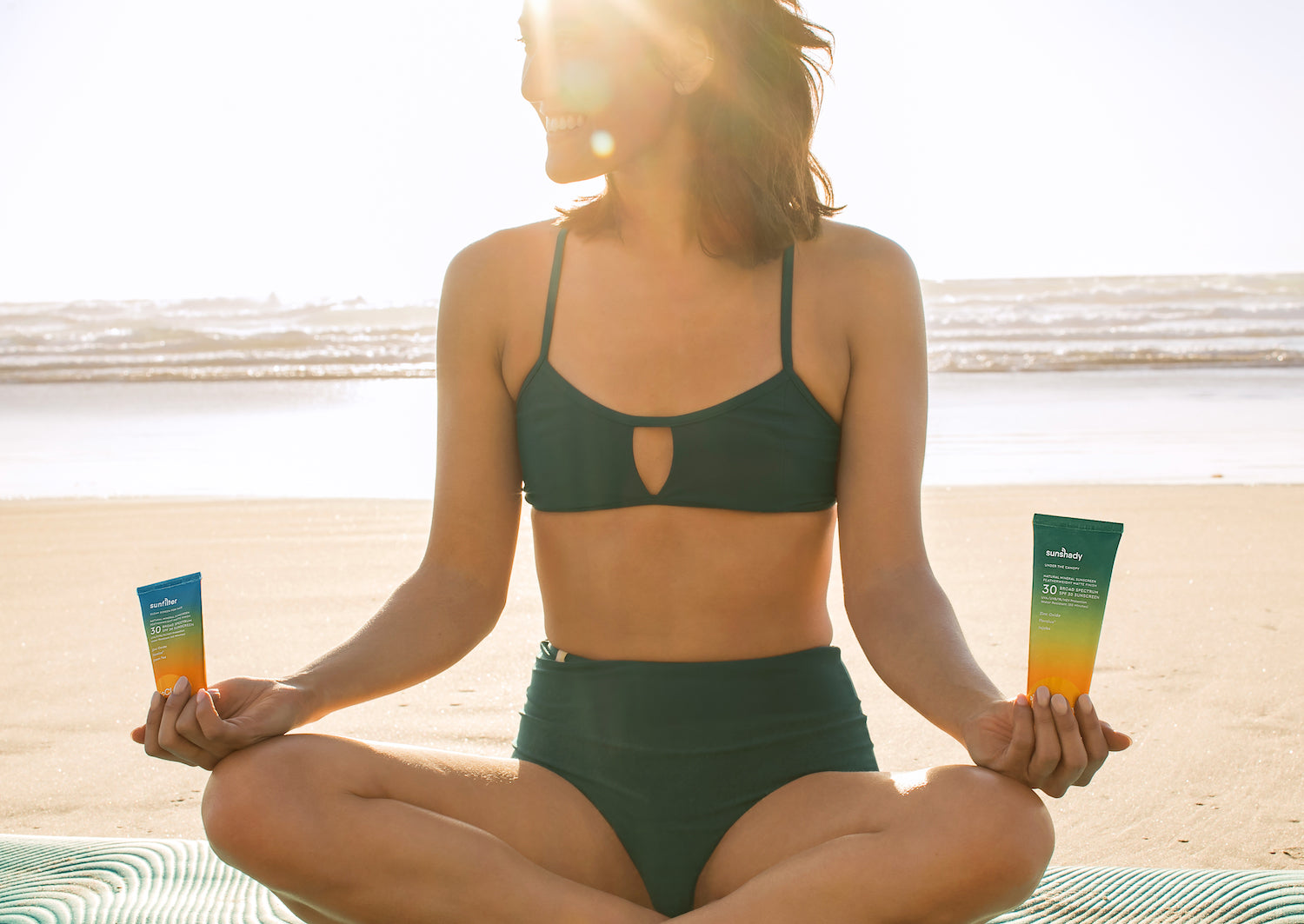
Every time you leave the house without applying sunscreen, your skin cries. Okay, not true, but by leaving sunscreen out of your skincare routine, you’re definitely doing your skin a disservice.
Although any sunscreen is better than none at all, you should still know your options. Just like any other skincare product, it’s important to know which one is the right fit for you. There’s been a lot of conversation around chemical sunscreen vs. mineral sunscreen, so we’re here to shed some light on the key differences between the two.
But first, let’s cover the basics.
Why is it Important to Wear Sunscreen?
By now, you should know that sunscreen is a critical step when it comes to skincare given that it does more than just shield your skin from the sun. Here are three reasons why you need to add it to your daily routine, ASAP.
Provides UV Protection
Ultraviolet (UV) radiation is a type of radiation emitted from the sun and artificial sources like tanning beds and mercury-vapor lamps. There are three types of UV radiation: ultraviolet A (UVA), ultraviolet B (UVB), and ultraviolet C (UVC). UVA rays cause photoaging, wrinkles, and age spots, and comprise approximately 95% of the UV radiation that reaches our skin. UVB rays are more harmful and are the primary cause of sunburns, but both UVA and UVB rays can potentially cause skin cancer. Use a sunscreen that offers broad spectrum protection, meaning that it defends against both UVA and UVB rays. UVC rays are completely absorbed by the ozone layer and atmosphere, making these rays much less of a risk factor.
Your skin is still vulnerable on overcast days, so don’t let cloudy skies deter you from applying sunscreen. Up to 80% of UV radiation reaches the earth even on overcast days. Sun protection isn’t just a summertime essential, it’s a year-round responsibility.
Reduces Your Risk of Skin Cancer
Skin cancer most often develops on skin exposed to the sun and approximately one of five Americans may develop skin cancer in their lifetime. By reducing your overall UV exposure, regular use of sunscreen also helps lower your risk of skin cancer like squamous cell carcinoma or melanoma. The Skin Cancer Foundation recommends that you use a sunscreen with an SPF 15 or higher for occasional UV exposure, or SPF 30 or higher if you’ll be spending prolonged periods of time outdoors.
Protects Against Signs of Premature Aging
When looking for an anti-aging skincare product, what’s the first thing that comes to mind? Maybe it’s a serum, or a night cream. You may be surprised to learn that sunscreen is actually one of the best safeguards against premature aging.
Basking in the sun may feel nice in the moment, but too much of it can hurt your youthful glow. Unprotected UV exposure can cause premature aging in the form of wrinkles, fine lines, sagging and age spots, ruining the hard work of your beloved skincare products. By wearing sunscreen, you help prevent discoloration, promote an even skin tone, and keep the skin on your face and body healthy overall.
Is Mineral Sunscreen Better Than Chemical?
Now that we’ve covered the core reasons for wearing sunscreen regularly, let’s dive into your options. The two main types are chemical sunscreen and mineral sunscreen. Both provide skin protection but do so in very different ways.
Chemical Sunscreen
The most common ingredients found in chemical sunscreen are oxybenzone, octinoxate, avobenzone, octisalate, and homosalate. These active ingredients penetrate and absorb into the skin, and then absorb the sun’s UV rays from beneath the skin’s surface. Through a chemical reaction, the ingredients convert UV rays into heat, and then releases this heat from the body. While these ingredients are effective in protecting your skin, they’ve also been shown to have negative effects. According to the Environmental Working Group, oxybenzone and octinoxate have the highest toxicity concerns and have been linked to hormone disruption.
Oxybenzone and octinoxate have also been shown to hurt marine life. These chemical ingredients make their way into the ocean whenever individuals wearing sunscreen go swimming or participate in any other underwater activities. Once these ingredients are in the water, they have major toxic effects on the health of coral reefs in that they damage the corals’ DNA and decrease corals’ defenses against bleaching, which is a process in which corals expel life-giving algae from their tissues and turn white. To help protect your skin as well as coral ecosystems, make the switch to mineral sunscreen.
Mineral Sunscreen
Mineral sunscreen, also known as physical sunscreen, differs from chemical sunscreen in several ways. Mineral sunscreen contains physical agents, like zinc oxide and titanium oxide, that offer broad spectrum protection and are non-toxic. These active ingredients are recognized as safe and effective by the Environmental Working Group. They sit on top of skin rather than penetrating or absorbing into the skin, forming a physical barrier that ultimately reflects the sun’s UV rays away from the skin, which also means that mineral sunscreens work immediately after application -- no need to wait 15-30 minutes prior to sun exposure as you do with chemical sunscreen. Mineral sunscreen is also less likely to cause irritation, making it a better option for all skin types, but especially for those who have sensitive skin.
More than sun-proof. Life-proof.
Protect your face and body from harmful UV rays, free radicals, blue light, and environmental pollutants with these non-nano 100% mineral zinc oxide sunscreens for everyday use.
Protect Your GlowAdding Mineral Sunscreen to Your Daily Routine
As you can probably tell, we take skin protection seriously. Very seriously. To prove it, we’ve created not one, but two mineral sunscreens to keep your face and body totally protected: SunShady and SunFilter. These water-resistant and sweat-proof sunscreens provide 2.45x greater protection than other mineral sunscreens and boost the power of antioxidants by up to 500%. Both leave a featherweight finish while SunFilter doubles as an everyday facial moisturizer and provides the perfect canvas for your favorite makeup look. SunShady and SunFilter are also reef-safe sunscreens, so you can swim and snorkel to your heart’s content without worrying about damaging coral reefs. Not only are they good for your skin, but they’re also good for the planet. Grab them separately or in our Defense Duo or limited edition SunChaser Bundle.
When adding sunscreen to your daily skincare routine, it should be applied as the very last step. Slather it onto any areas of your body that will be exposed to the sun but remember that one application of sunscreen isn’t enough -- be sure to reapply throughout the day as needed. Mineral sunscreens should be reapplied every two hours to ensure consistent protection and you’ll need to reapply more often if you’ll be spending time in the water or sweating.
Additional Ways to Stay Protected
Keep in mind that sunscreen isn’t the only way to protect your skin from UV radiation. Reduce your UV exposure and risk of skin cancer by following these additional tips:
- Stay in the shade whenever possible if spending time outdoors, especially during midday hours.
- Limit the amount of skin you expose to the sun by wearing clothes that cover your arms and legs.
- Wear a hat and sunglasses to shield the sun from your face.

Abby Vinas
Abby Vinas has long been an active member of the holistic health community, advocating in favor of its benefits to both our physical and emotional well-being. Her commitment to leading a healthy lifestyle has made her an authority on self-care practices. Abby is passionate about fitness, nutrition, and proper skincare, and is also an avid lover of avocado toast and dog-petting.
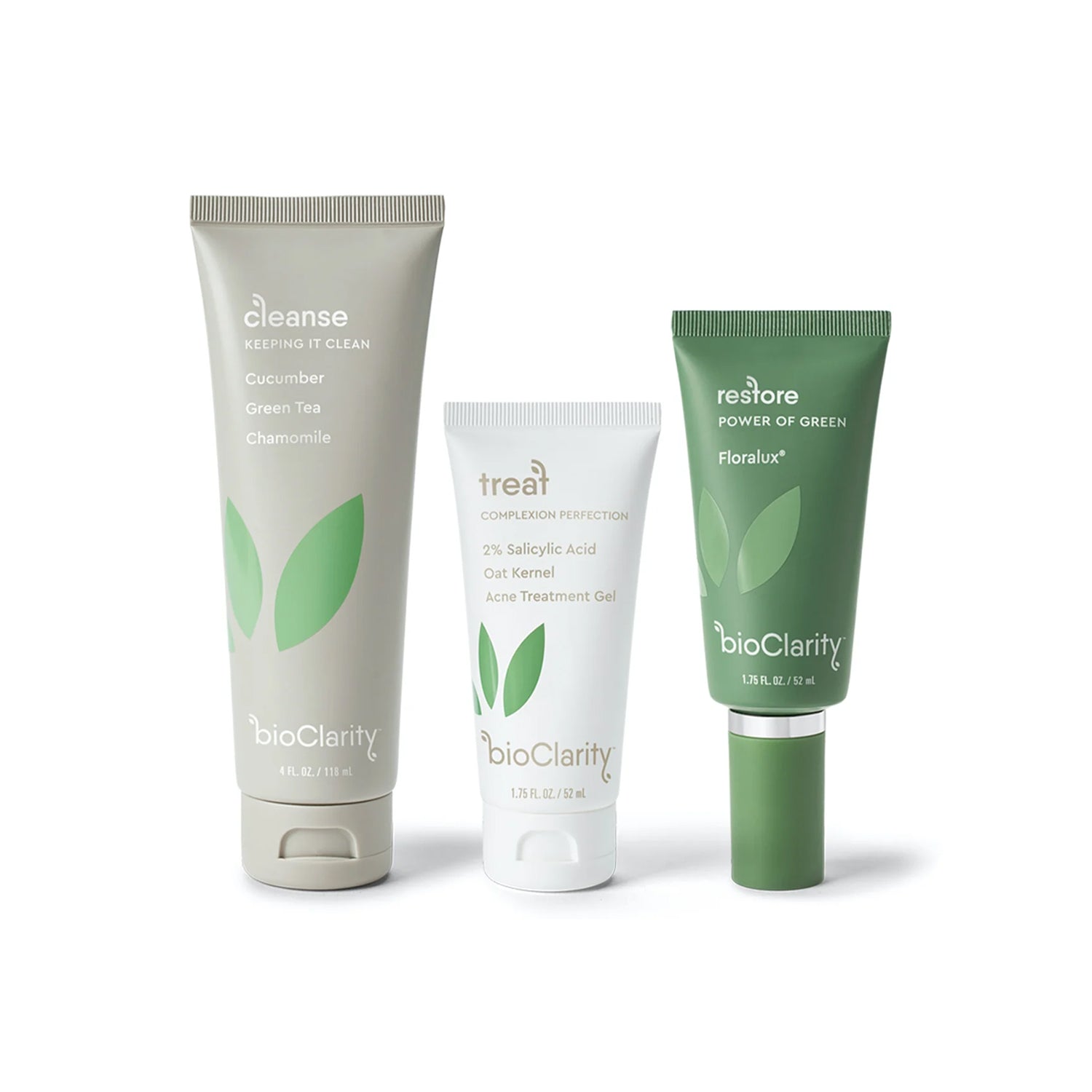
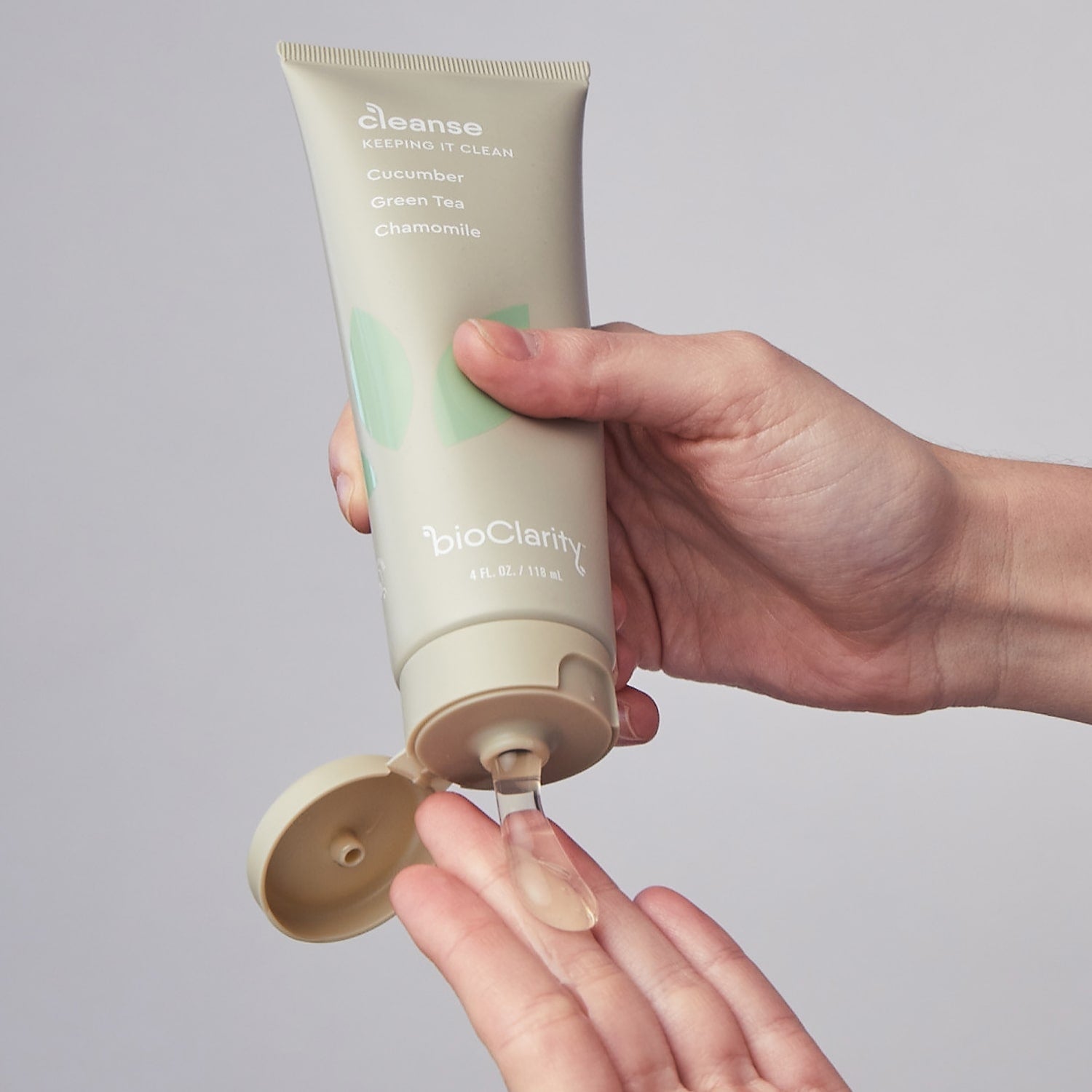
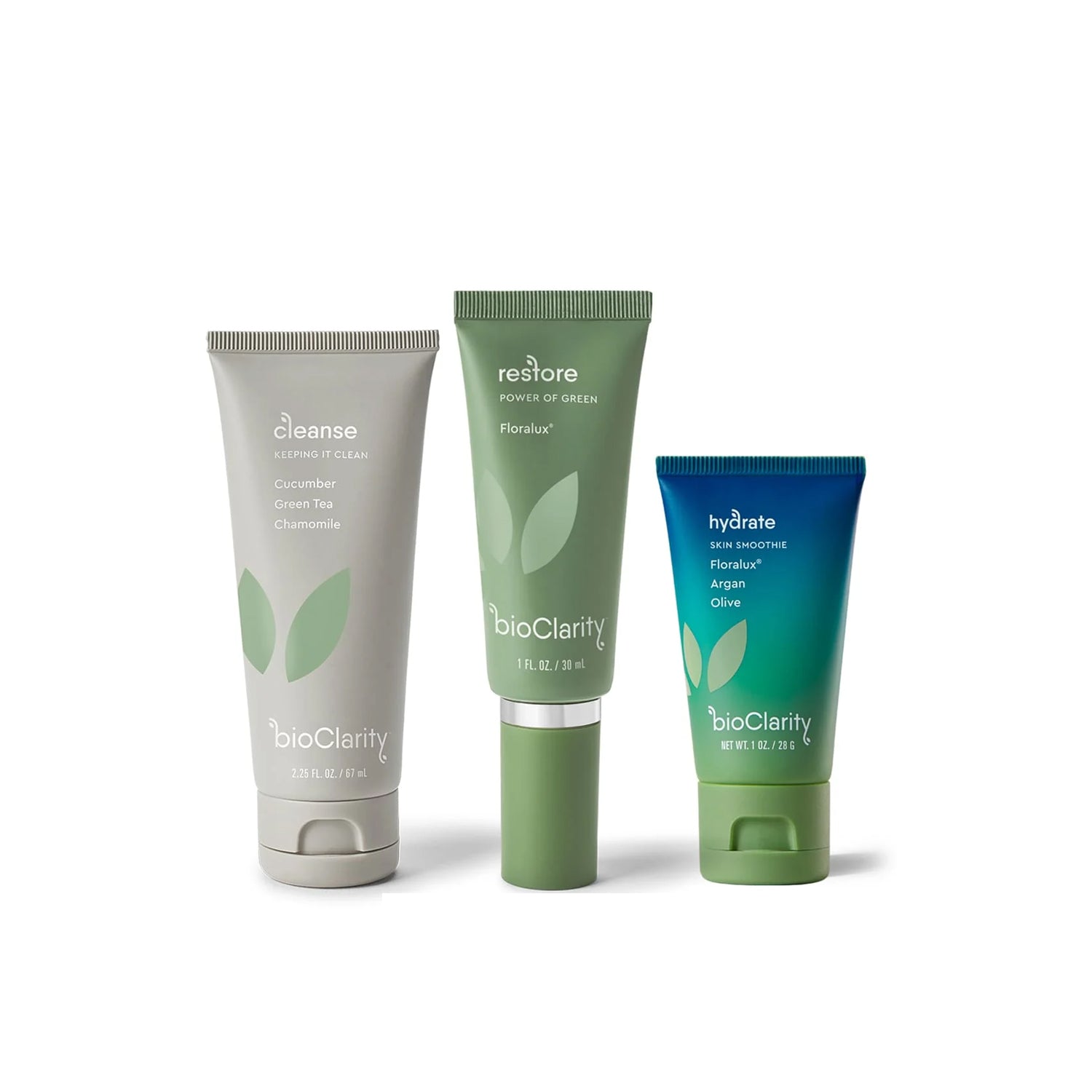
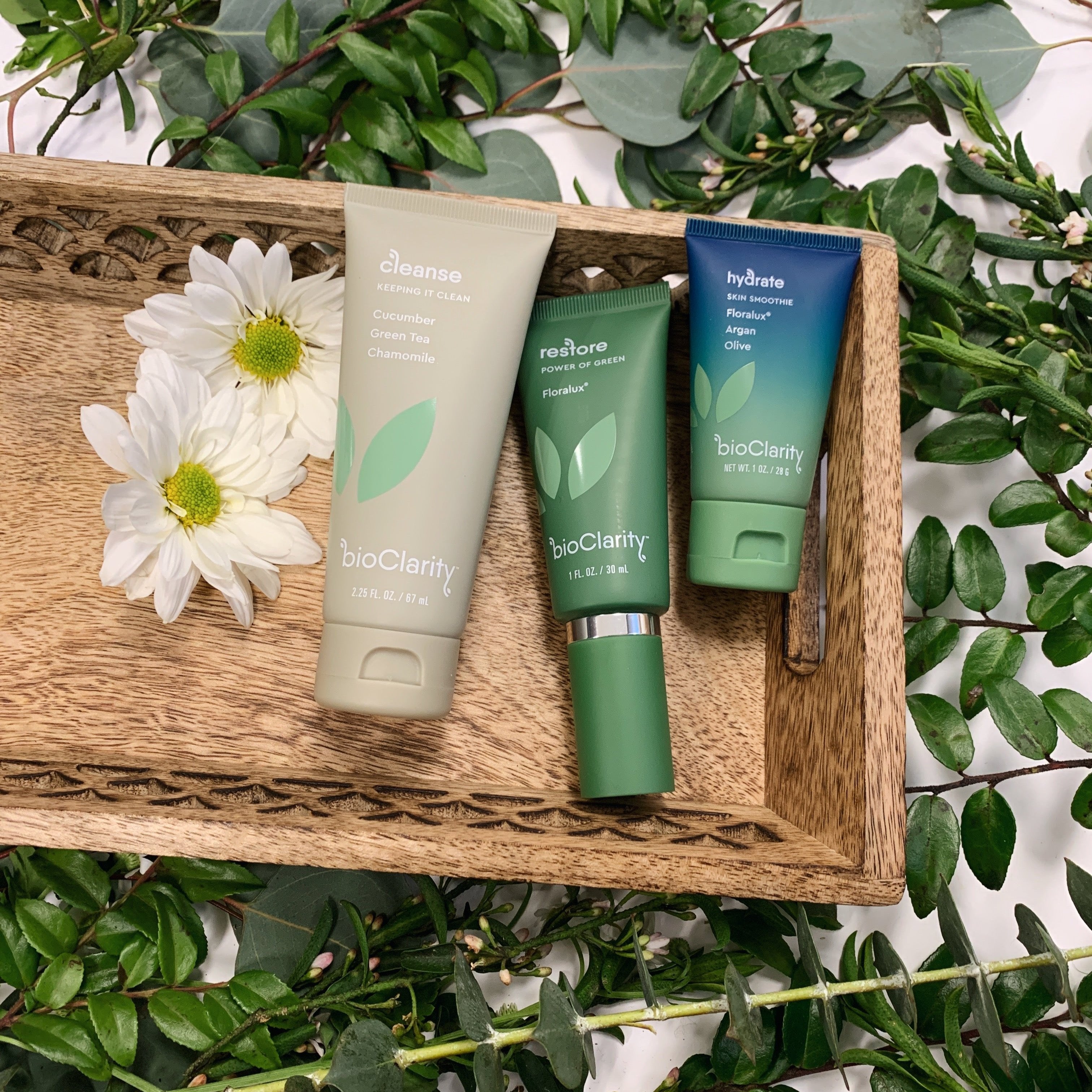
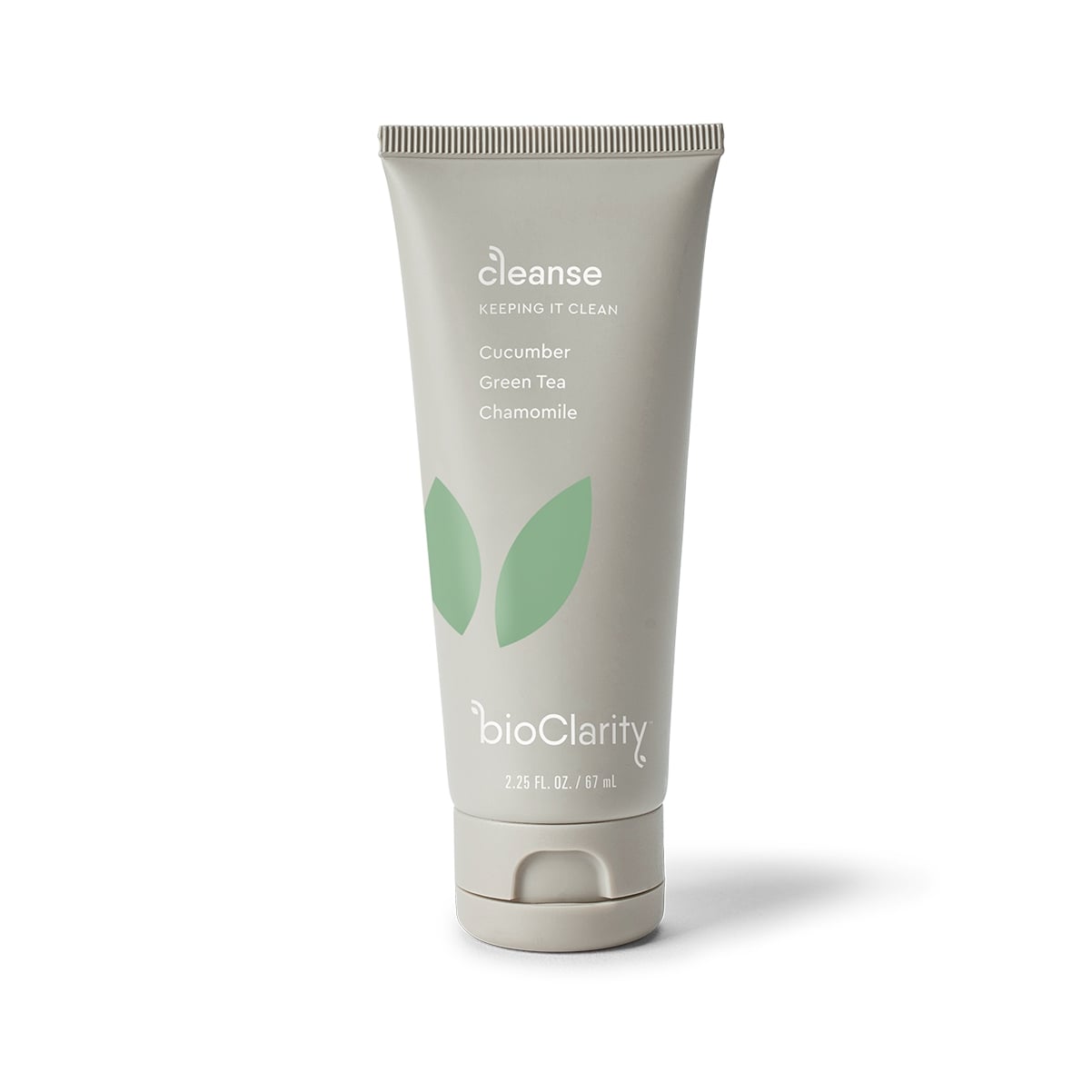
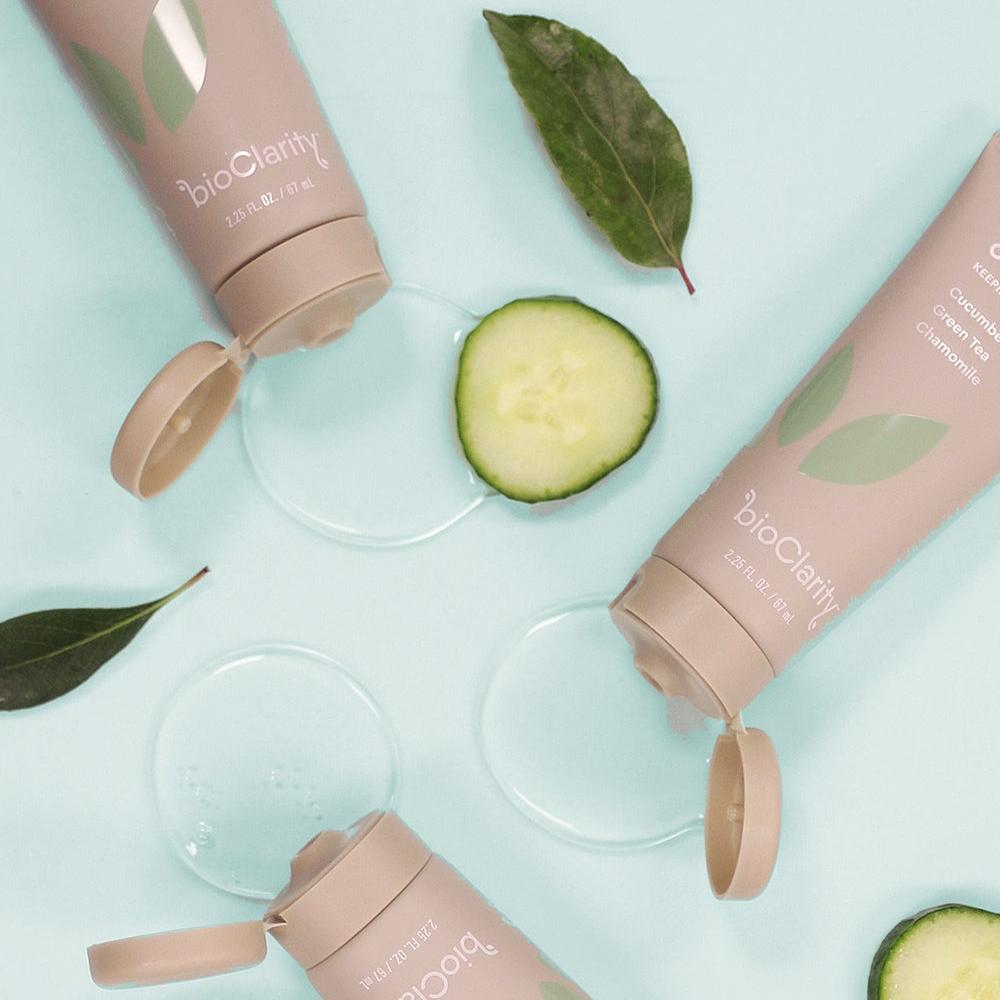


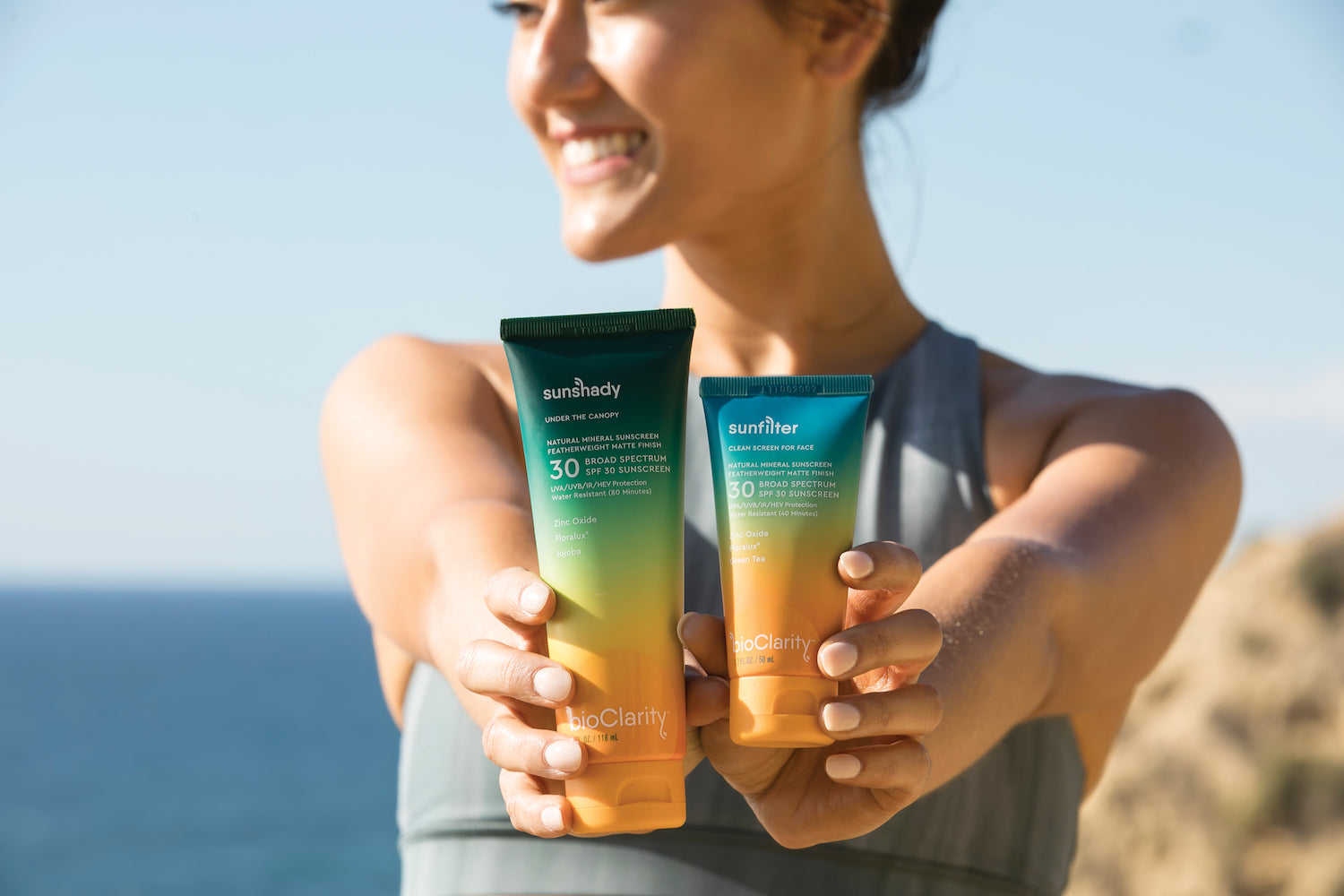
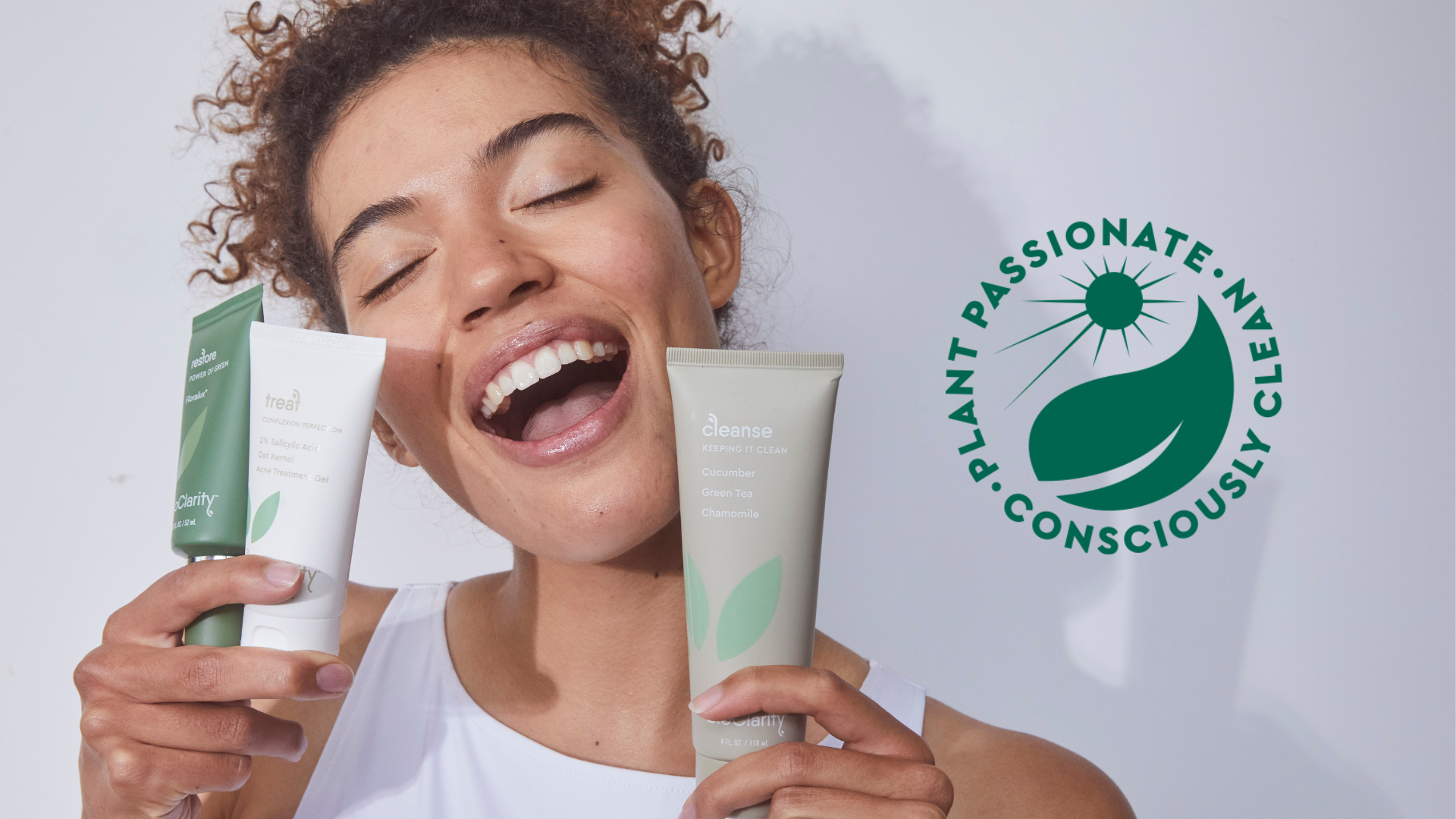

Comments